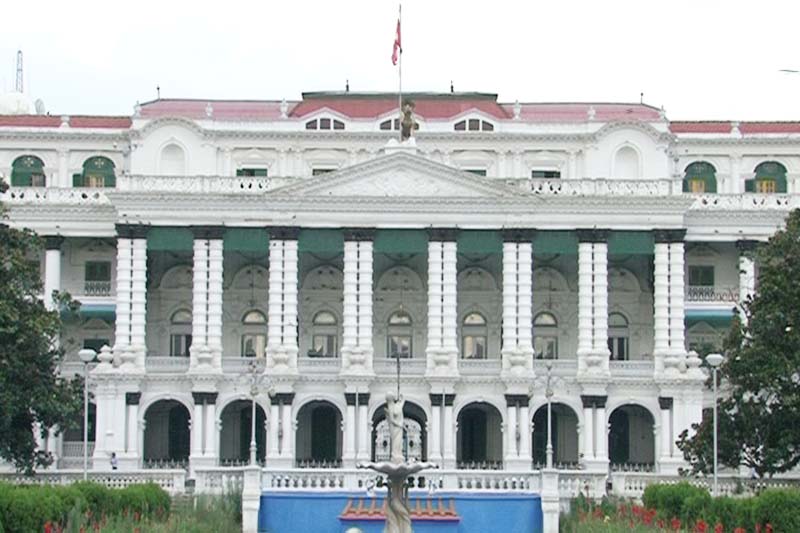“I was born in Nepal, and it has been the only home I have known for over thirty years. Despite my multiple attempts I am unable to get a citizenship certificate,” says Sunita, 32 who lives in Tanahun. Sunita’s parents passed away while she was very young, she got married at an early age but her husband left her after she had her daughter. Sunita is like thousands of other Nepalies who were born in Nepal, have lived in Nepal ever since but do not possess any legal documents providing the necessary evidence to get a citizenship certificate.
Recently, the National Assembly passed the first amendment to the Citizenship Act, 2006. The amendments have opened doors for many who were previously denied citizenship to acquire it. It is now possible for the children of those Nepalis who acquired citizenship by birth to acquire citizenship by descent. The amendment brought by the National Assembly, also allows a foreign woman married to a Nepali man to apply for citizenship as soon as she renounces the citizenship of the country of her origin. The amendment does not state the same for a foreign man married to a Nepali woman. Citizenship by descent has also been allowed for children born to a Nepali woman in Nepal and an unidentified father. Similarly, Nepalis residing abroad, outside of South Asia are also now eligible to get a Nepali citizenship, even though they cannot exercise political and administrative rights.
The amendment has also made it possible for the orphans whose father and mother have not been identified to acquire citizenship. For that, testimonials of the orphanage , shelter house or local governments are necessary. However, there is no mention of the people who do not possess any documents such as birth registration certificates in the amendment. Such people who are denied nationality, face a difficult time accessing education, health care, employment and freedom of movement. These people suffer from statelessness, in which they can not enjoy the rights, protection and benefits provided through a state’s policies to its citizens.
According to the United Nations Refugee Agency, gaps in the law of nations in regards to providing citizenship to people create the
majority of the stateless people. If the circumstances under which a nation provides citizenship are not carefully developed or implemented, many people as a result of it get excluded.
In the case of Nepal, citizenship is the primary legal identification. Tasks such as getting a passport, exercising voting rights, obtaining a PAN card, driving license and mobile phone SIM card require citizenship in Nepal. People without citizenship cannot even open a bank account or own any property, and are deprived of social welfare allowances as well. Also, marriages of people without citizenship are not registered by the government.

